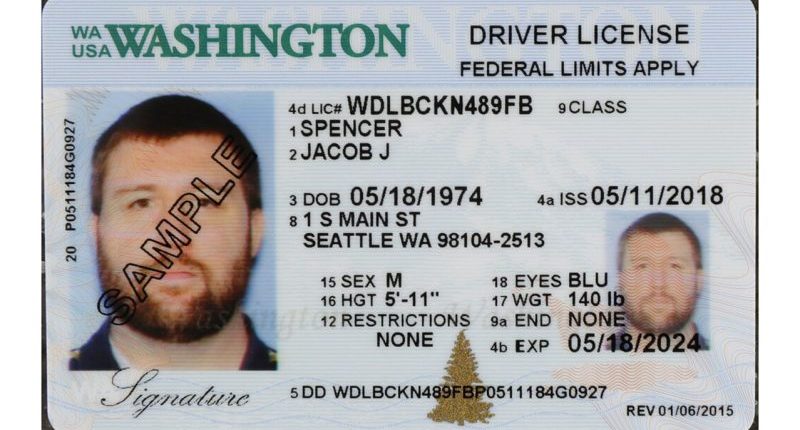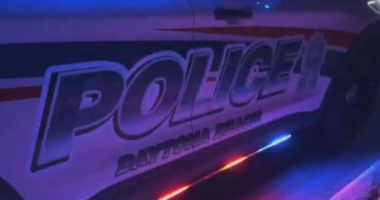Share this @internewscast.com
() Travelers who are not REAL ID-compliant by the May 7 deadline will still be able to fly, but they should expect extra steps at the airport, according to Homeland Security Secretary Kristi Noem.
Noem spoke at a Congressional hearing Tuesday, in which she said 81% of travelers in the United States already have identification that complies with REAL ID requirements. Security checkpoints at airports will also accept passports and tribal identification when the deadline takes effect May 7.
Noem said anyone who still does not have a REAL ID or another acceptable form of identification will be taken to a different line, where an extra step will be taken to confirm their identity.
“People will be able to fly,” Noem said. “We will make sure it’s as seamless as possible.”
What other forms of ID can you use to fly domestically?
If you don’t have a REAL ID or an enhanced driver’s license in some states, you will need one of the following:
- Passport
- Passport card
- DHS trusted traveler cards, like Global Entry
- Department of Defense ID
- Permanent resident card
- Border crossing card
- Acceptable photo ID issued by a federally recognized Tribal Nation/Indian Tribe
- HSPD-12 PIV card
- Foreign government-issued passport
- Canadian provincial driver’s license or Indian and Northern Affairs Canada card
- Transportation worker identification credential
- Citizenship and Immigration Services Employment Authorization Card (I-766)
- Merchant Mariner Credential
- Veteran Health Identification Card
TSA does not require children to provide IDs when traveling with someone else. However, their companion must have one of these forms of ID.
How do I get a REAL ID?
If you still need a REAL ID, you can get one after the deadline. You will just need to go to your state’s driver’s licensing agency website to see what documents you need. Normally, you need documentation that shows your:
- Legal name
- Birth date
- Social Security number
- Proof of address
- Lawful status

Some states might require additional documentation, which is why you should double-check before going to your local DMV office.
The REAL ID is part of the REAL ID Act, which was passed by Congress in 2005 after recommendations from the 9/11 Commission. It is meant to create minimum security standards for driver’s licenses and ID cards.










